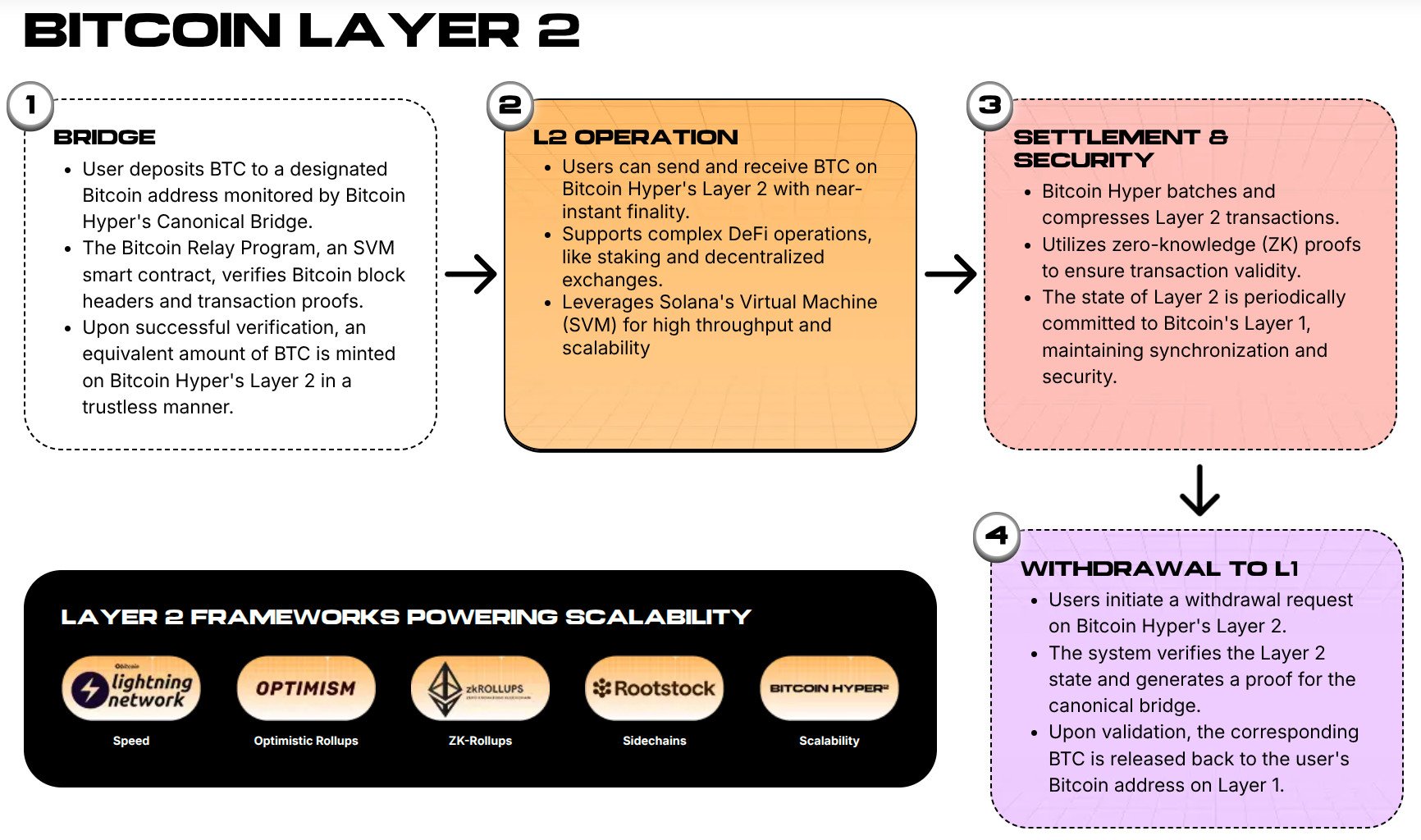Crypto Regulation News: Bank of England Criticized Over Stablecoin Holding Limits

The post Crypto Regulation News: Bank of England Criticized Over Stablecoin Holding Limits appeared first on Coinpedia Fintech News
The Bank of England’s (BoE) plan to limit how much stablecoin individuals and businesses can hold is drawing sharp backlash from crypto firms and industry groups. Critics warn the move could stifle innovation, push capital out of the U.K., and isolate the country from global standards.
What the BoE is Proposing
According to the Financial Times, the BoE is considering capping stablecoin holdings at £10,000–£20,000 ($13,600–$27,200) for individuals and around £10 million ($13.6 million) for businesses.
These rules would apply to “systemic stablecoins,” tokens already widely used in payments or expected to gain traction soon.
Officials argue the caps are necessary to protect financial stability. Without limits, they fear deposits could shift from banks into stablecoins, weakening banks’ ability to lend. Sasha Mills, the BoE’s executive director for financial market infrastructure, said the aim is to reduce the risks of sudden deposit withdrawals.
Why the Crypto Industry Says It Won’t Work
Industry leaders strongly oppose the plan:
- Enforcement Challenges – Simon Jennings of the U.K. Cryptoasset Business Council said monitoring holdings across multiple wallets would be “unworkable.”
- Unfair to Savers – Tom Duff Gordon, Coinbase’s VP of International Policy, called the proposal “bad for U.K. savers, bad for the City, and bad for sterling.”
- No Global Precedent – Riccardo Tordera-Ricchi of The Payments Association noted that, unlike cash or bank deposits, there are no existing limits on how much one can hold.
How the U.S. and EU Approach Stablecoins
The U.K.’s plan contrasts sharply with global peers:
- United States – In July, the U.S. passed the GENIUS Act, setting rules around licensing, reserves, and redemption standards. Crucially, it does not impose caps on holdings.
- European Union – The MiCA regulation (Markets in Crypto-Assets), fully in effect since mid-2024, emphasizes reserves and governance. Like the U.S., it avoids ownership limits.
- Also Read :
- Pakistan Woos Overseas Exchanges as Crypto Rules Take Shape
- ,
Risks of the U.K.’s Tougher Stance
By going further than the U.S. and EU, the U.K. risks:
- Driving stablecoin issuers and investors abroad.
- Losing competitiveness in the global digital asset race.
- Deterring innovation in financial technology.
For an industry that thrives on mobility and cross-border participation, strict caps may leave the U.K. behind as other jurisdictions take a more flexible, innovation-friendly approach.
Never Miss a Beat in the Crypto World!
Stay ahead with breaking news, expert analysis, and real-time updates on the latest trends in Bitcoin, altcoins, DeFi, NFTs, and more.
FAQs
A systemic stablecoin is widely used for payments and could impact financial stability if adoption grows too quickly.
Yes. Critics argue that limits could make stablecoins less attractive compared to other jurisdictions with more flexible rules.
MiCA (Markets in Crypto-Assets) sets rules around reserves, governance, and consumer protection, but does not limit how much stablecoin anyone can hold.
The GENIUS Act focuses on licensing issuers, ensuring redemption rights, and maintaining reserve assets, without imposing ownership caps.
You May Also Like

Bitcoin Hyper Presale Hits $16M As Whales Buy $64K, Is This the Next Crypto to Explode?

Recession Cancelled? Experts Weigh In





